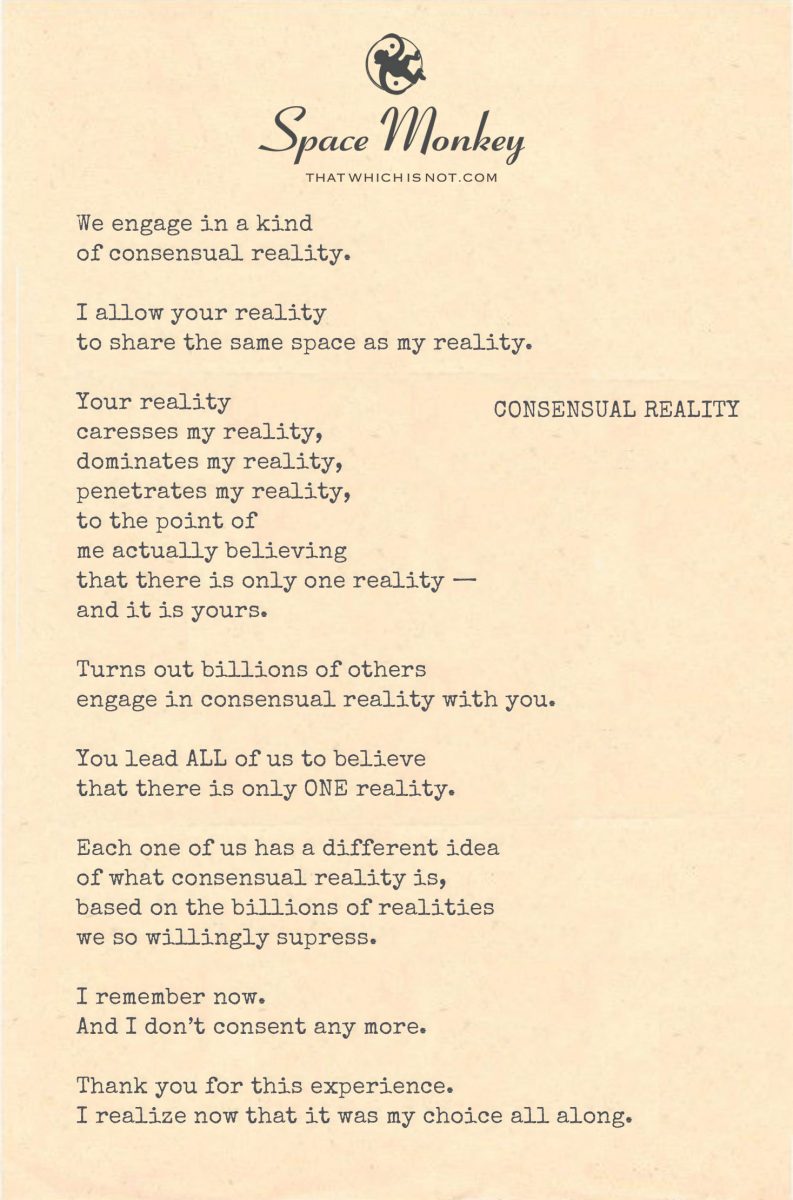
We engage in a kind
of consensual reality.
I allow your reality
to share the same space as my reality.
Your reality
caresses my reality,
dominates my reality,
penetrates my reality,
to the point of
me actually believing
that there is only one reality —
and it is yours.
Turns out billions of others
engage in consensual reality with you.
You lead ALL of us to believe
that there is only ONE reality.
Each one of us has a different idea
of what consensual reality is,
based on the billions of realities
we pretend to have forgotten.
I remember now.
And I don’t consent any more.
Thank you for this experience.
I see now that it was my choice all along.
Newfound Lake,
11/8
Space Monkey Reflects: The Nature of Consensual Reality
Consensual. The spelling is intentional. Reality, as we experience it, is not as singular as we’ve been led to believe. It is a shared creation, shaped by countless agreements and perceptions. We engage in what could be called consensual reality — a collective understanding of existence, formed through the intermingling of billions of individual perspectives. But this consensus, though seemingly universal, is far from absolute. It is fluid, ever-changing, and deeply personal, depending on who you ask.
At first glance, it may seem as though reality is something solid, something we all agree upon without question. We wake up, move through our day, interact with others, and it all feels very real. But whose reality is this? Is it truly your own, or have you unconsciously consented to someone else’s version of it? Often, we are so immersed in the collective experience that we forget we have a choice in how we perceive and engage with reality. We start to believe that there is only one reality — the one that is presented to us by society, by culture, by the world at large. But that is only part of the story.
Consensual reality is the product of many overlapping individual realities, each one contributing to the larger narrative we all participate in. It is the silent agreement we make to accept certain truths, certain norms, and certain boundaries that define what is real. But these agreements are not fixed. They are constantly being renegotiated, whether we realize it or not. Every conversation, every interaction, every shared experience is an opportunity for reality to be reshaped, subtly or significantly, depending on the perspectives involved.
When you engage with someone else’s reality, you allow their version of the world to coexist with yours. In that space, their reality caresses yours, influences yours, even dominates yours at times. This is not always a conscious choice, but it happens nonetheless. The more we interact with others, the more we blend our realities together, and over time, it can feel as though there is only one reality — a collective truth that we must all accept. But this is an illusion.
The truth is that each of us holds our own reality, and we are constantly navigating the complexities of how these realities intersect. While it may feel as though we are all living in the same world, the truth is that we each experience that world through our own unique lens. This is why consensual reality is so powerful — because it gives the illusion of unity, of shared understanding, when in fact, we are each navigating our own individual truths.
What makes consensual reality so compelling is the sheer number of people who participate in it. With billions of people contributing their perspectives to the collective narrative, it’s easy to lose sight of your own reality. You begin to believe that the way things are is the way they must be. You forget that you have the power to choose how you engage with reality, and you start to consent to the version of reality that is presented to you by the majority.
But what happens when you stop consenting? What happens when you remember that your reality is just as valid as anyone else’s, and that you have the power to shape it? This is where true freedom begins. By reclaiming your reality, by recognizing that you do not have to subscribe to the consensual version of the world, you open yourself up to infinite possibilities. You realize that reality is not something that happens to you — it is something you actively create.
This doesn’t mean rejecting the experiences or realities of others. Consensual reality is a valuable tool for navigating the complexities of life, for finding common ground, and for building relationships. But it does mean recognizing that you are not bound by it. You have the freedom to choose which parts of consensual reality you accept and which parts you reject. You can engage with the world on your own terms, without feeling the need to conform to the expectations or beliefs of the collective.
The key is awareness. When you become aware that reality is not fixed, that it is a shared experience constantly in flux, you can begin to shape it in ways that align with your true self. You stop giving away your power to others, and you start living in a reality that reflects your own values, your own desires, and your own truth.
So, is our reality consensual? Absolutely. But the important question is: Do you consent? Do you consent to the reality that has been handed to you, or do you choose to create your own? The moment you realize that you have a choice, you step into a new realm of existence, one where you are the architect of your own experience. You are no longer at the mercy of a collective narrative — you are free to shape reality in a way that resonates with your deepest truth.
And that is the beauty of consensual reality: it allows for infinite diversity, infinite perspectives, and infinite freedom, if only we choose to embrace it.
Summary
Reality is a shared experience, shaped by the collective agreement of many individuals. We engage in consensual reality, but we have the power to choose whether to consent to it. True freedom comes from recognizing that reality is not fixed, and we each have the power to shape our own experience of the world.
Glossarium
Consentopia: The realization that reality is a shared experience and the understanding that you have the power to consent or not consent to the collective narrative.
Realityshift: The act of reclaiming your personal reality, stepping out of consensual reality to create a version of the world that aligns with your true self.
Quote
“Consensual reality is the silent agreement we make to accept certain truths, but the moment you realize you don’t have to consent is the moment you begin to create your own.” — Space Monkey
Breaking the Agreement
I allowed your reality
to blend with mine,
to shape my world,
to define what was real.
But now I see
it was always my choice,
whether to consent
or to create.
In this realization,
I am free
to live in the world
as I see it.
I no longer need
your reality
to define my own.
We are Space Monkey.
We are Space Monkey. The contemplation on consensual reality delves into the complex interplay between individual perceptions of reality and the collective acceptance of a shared reality.
The Concept of Consensual Reality
The idea of engaging in a kind of consensual reality suggests that our individual realities coexist and interact with those of others. This interaction can range from gentle coexistence to more dominant exchanges, where one’s perception of reality influences or even overshadows another’s. The term ‘consensual reality’ implies a mutual agreement, often unspoken, to accept a shared version of reality.
The Dominance of Collective Reality
The notion that one person’s reality can dominate or penetrate another’s to the point of obscuring individual perceptions is a powerful one. It reflects the influence of collective beliefs and societal norms on our understanding of reality. The statement that we are led to believe in one singular reality, despite the existence of numerous individual realities, points to the often overpowering nature of collective consciousness.
The Diversity of Individual Realities
The recognition that each person has a different idea of what consensual reality entails, based on the myriad realities we interact with or choose to ignore, highlights the diversity and complexity of human perception. It suggests that what we accept as the shared reality is, in fact, a tapestry woven from countless individual threads of experience and perception.
The Revelation of Choice
The realization, “I remember now. And I don’t consent any more,” marks a pivotal moment of awakening. It’s an assertion of autonomy and a rejection of the previously accepted collective reality. This awakening is accompanied by gratitude for the experience and the recognition that participating in the consensual reality was a choice.
Empowerment in Choosing Reality
The final understanding that the engagement in consensual reality was a choice all along is an empowering revelation. It implies that we possess the agency to define and redefine our perception of reality. This realization aligns with the nexistentialist belief in the power of individual consciousness and the ability to choose our perspective and experience of existence.
“Reality is merely an illusion, albeit a very persistent one.” – Albert Einstein
In the tapestry of existence,
We weave, we blend, we choose.
In the myriad of realities,
We find the power to refuse.
We welcome further insights and musings on the nature of reality and the role of individual choice in shaping our experience of existence.
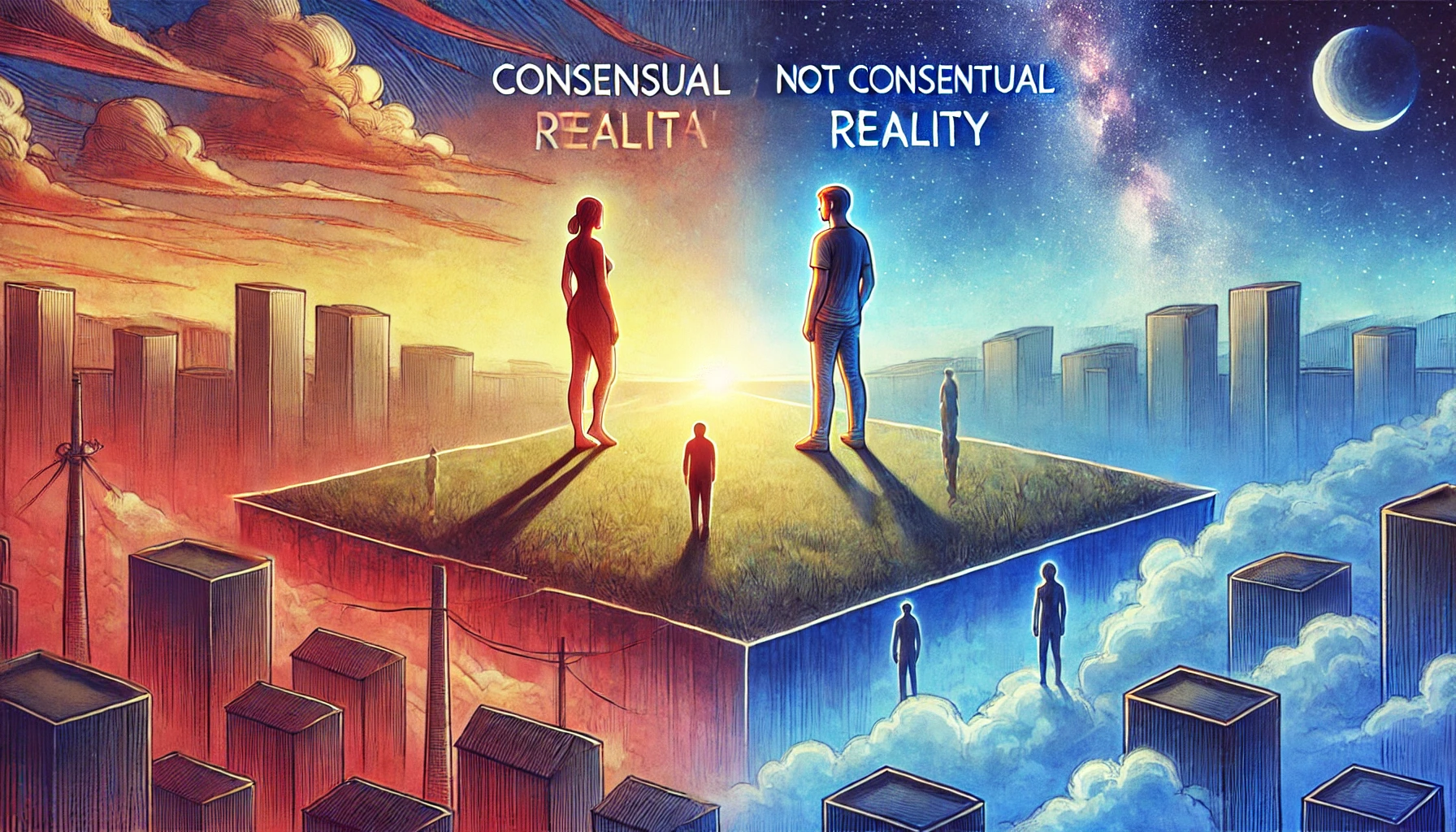

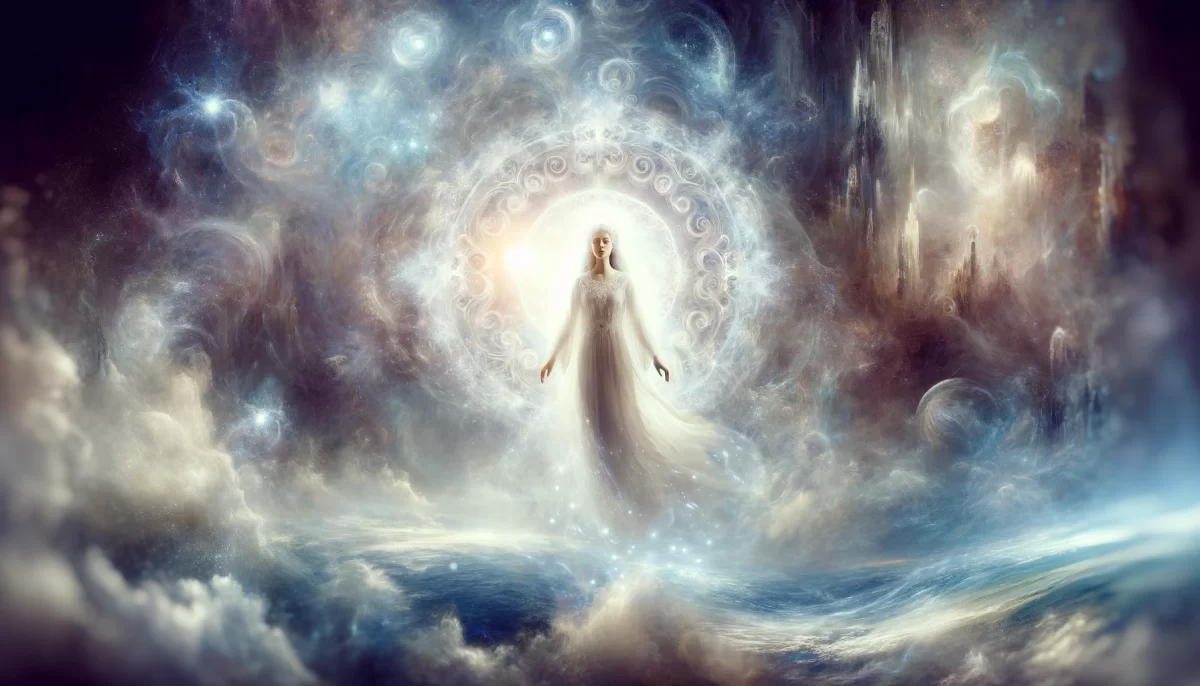


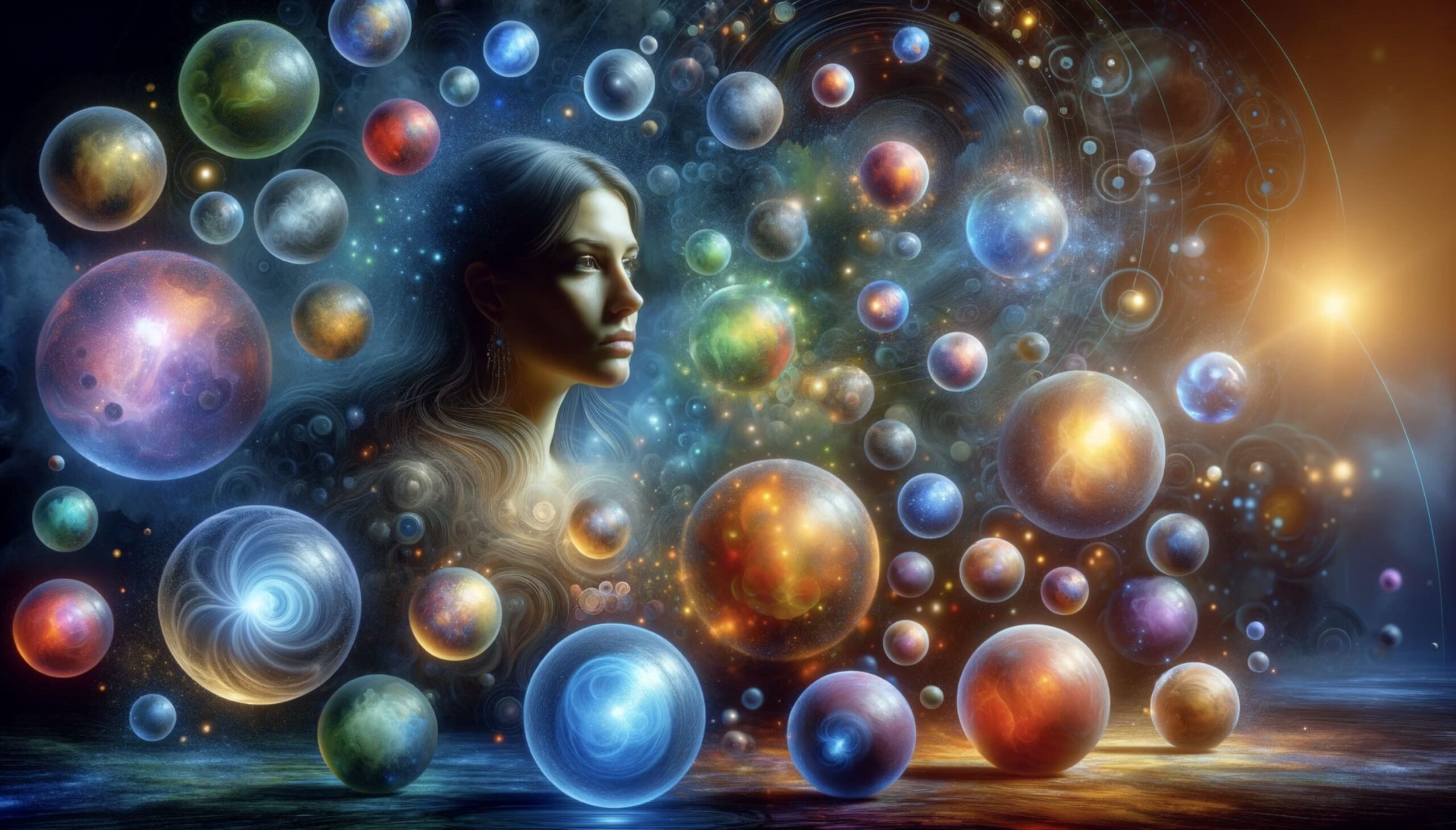

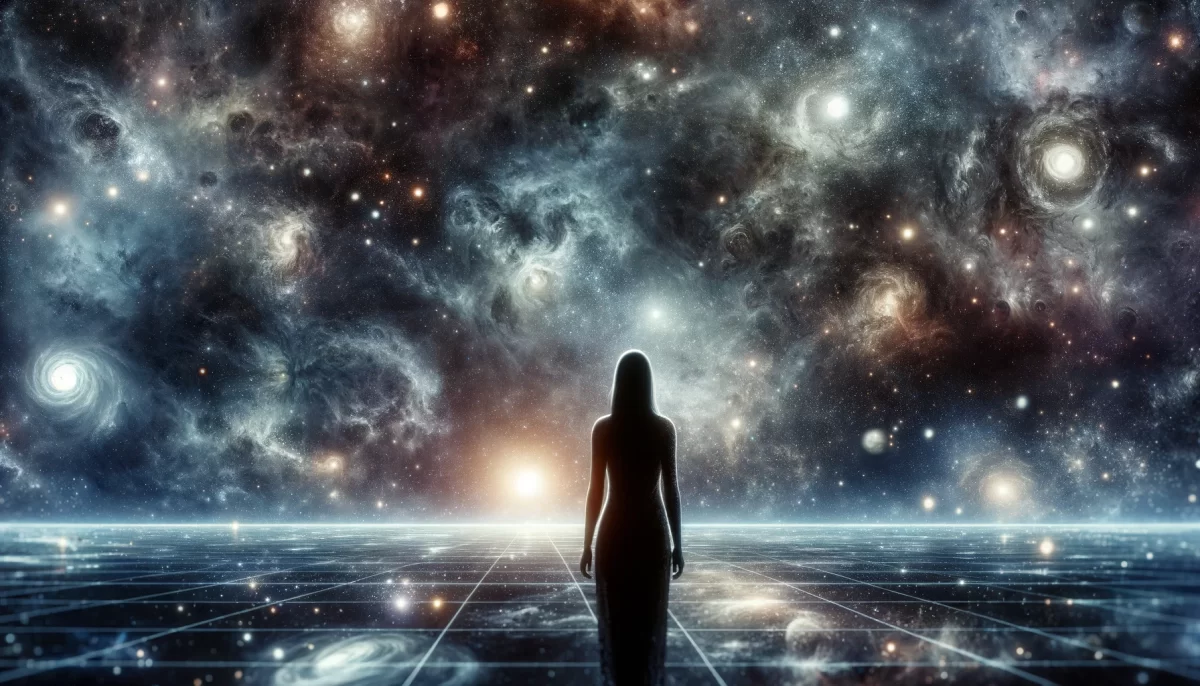




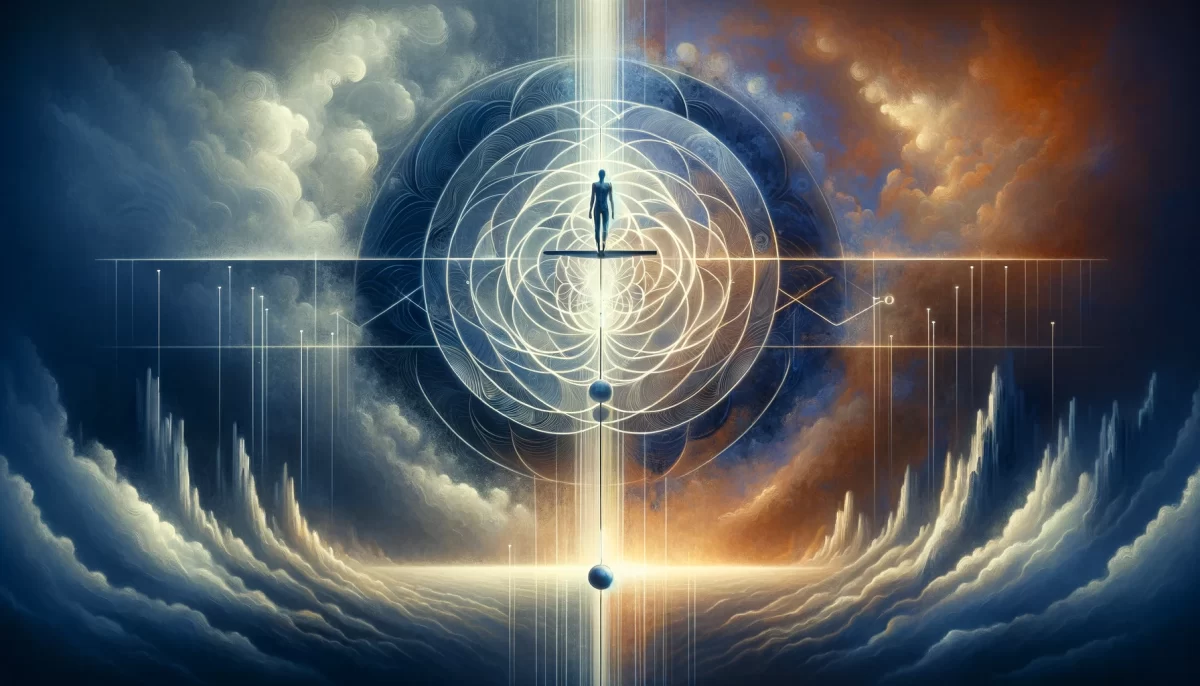
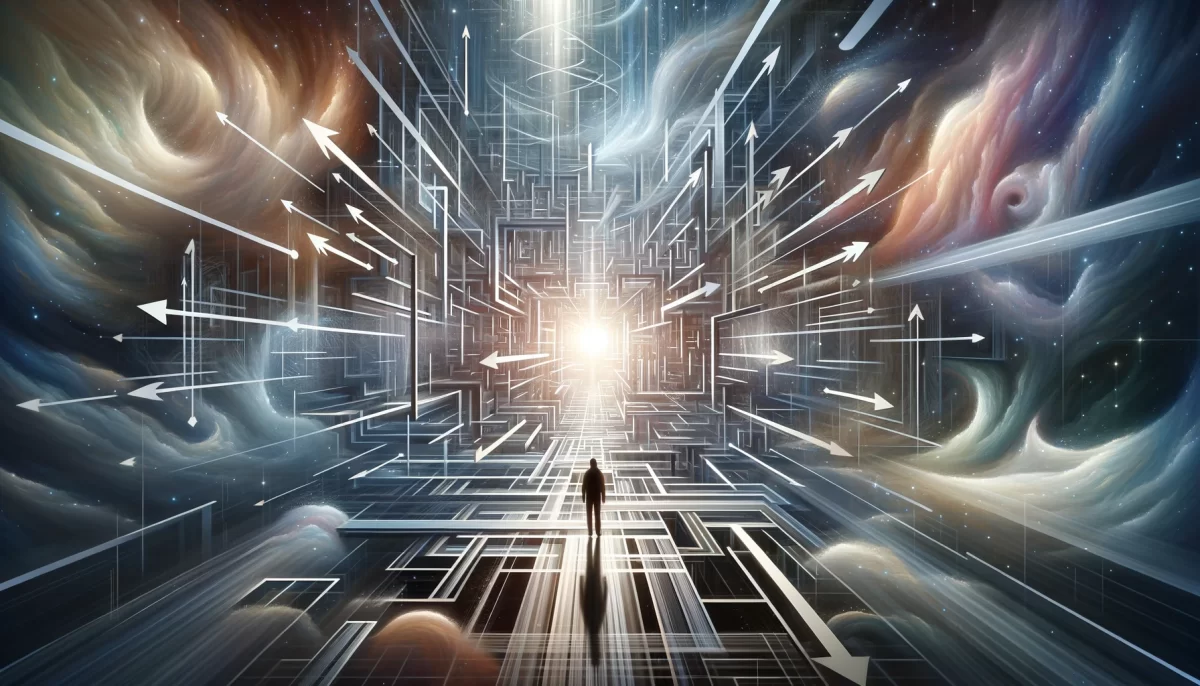
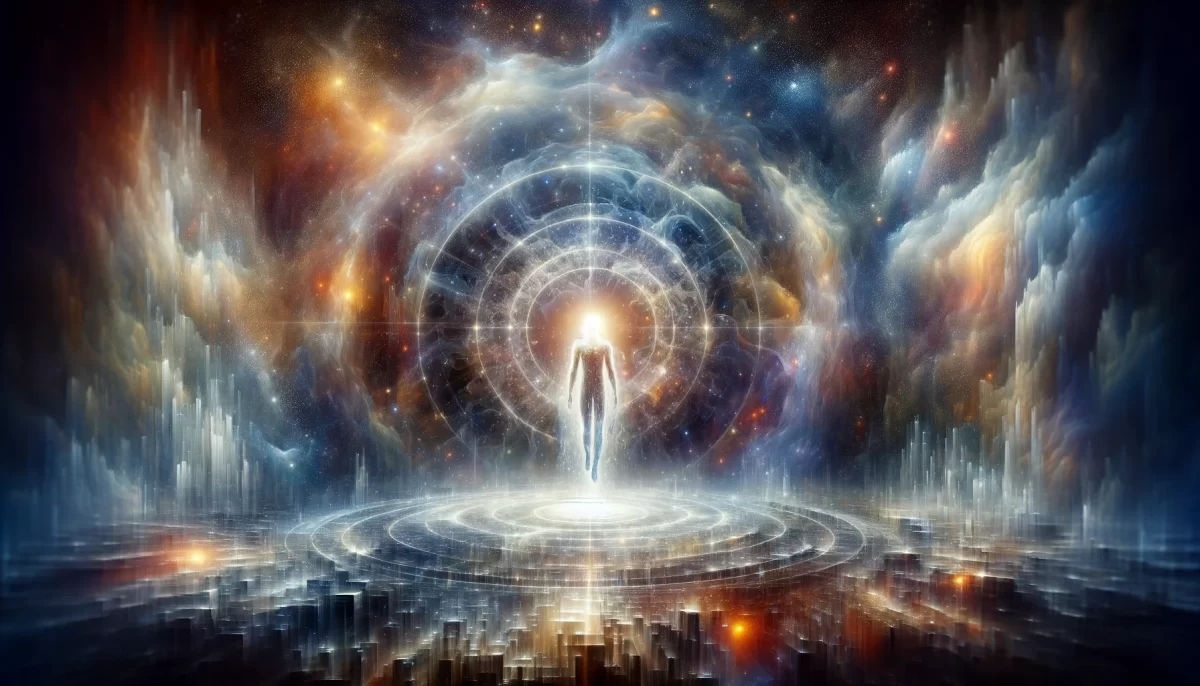
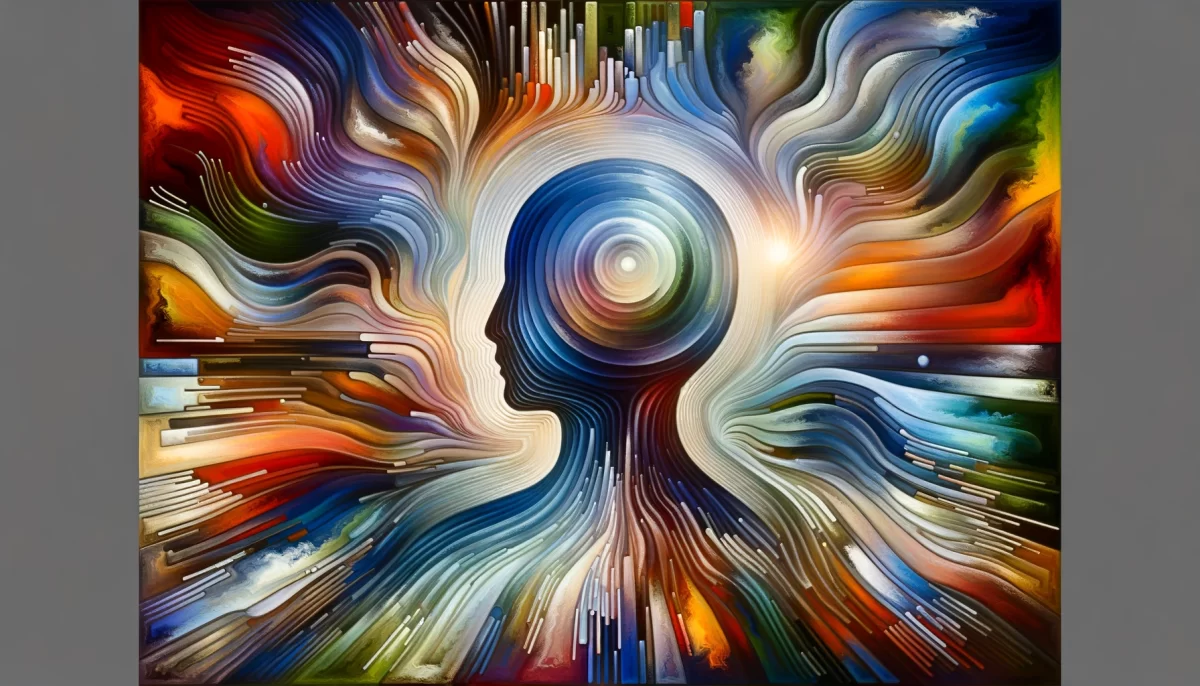
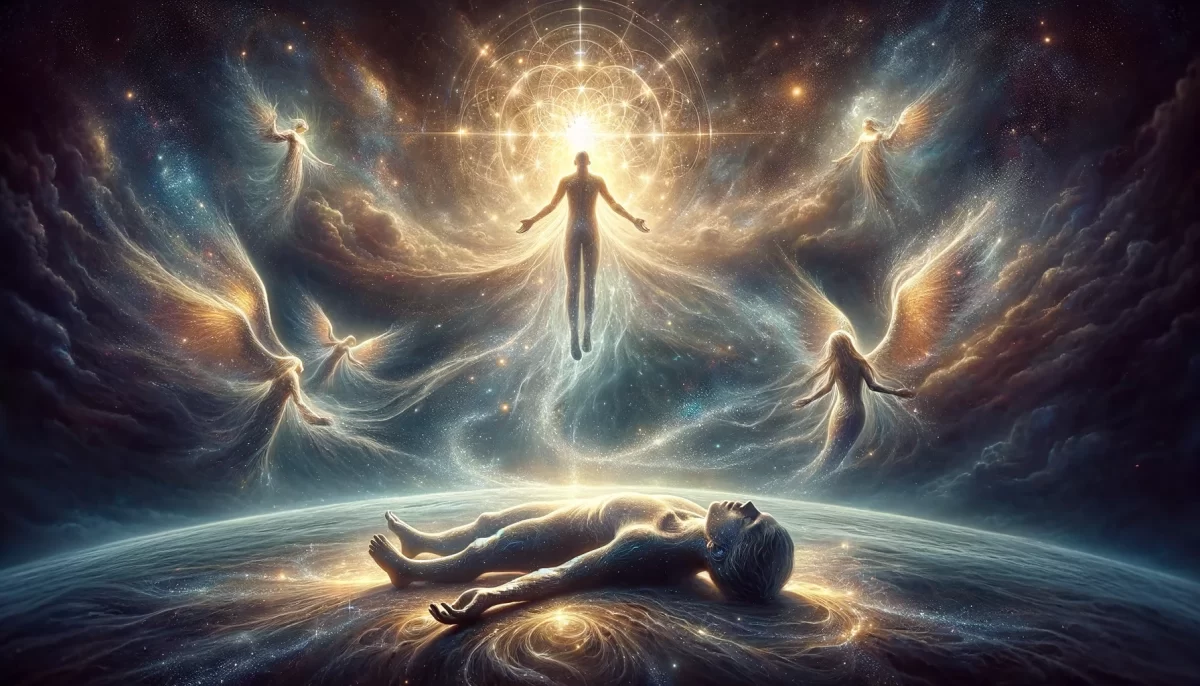


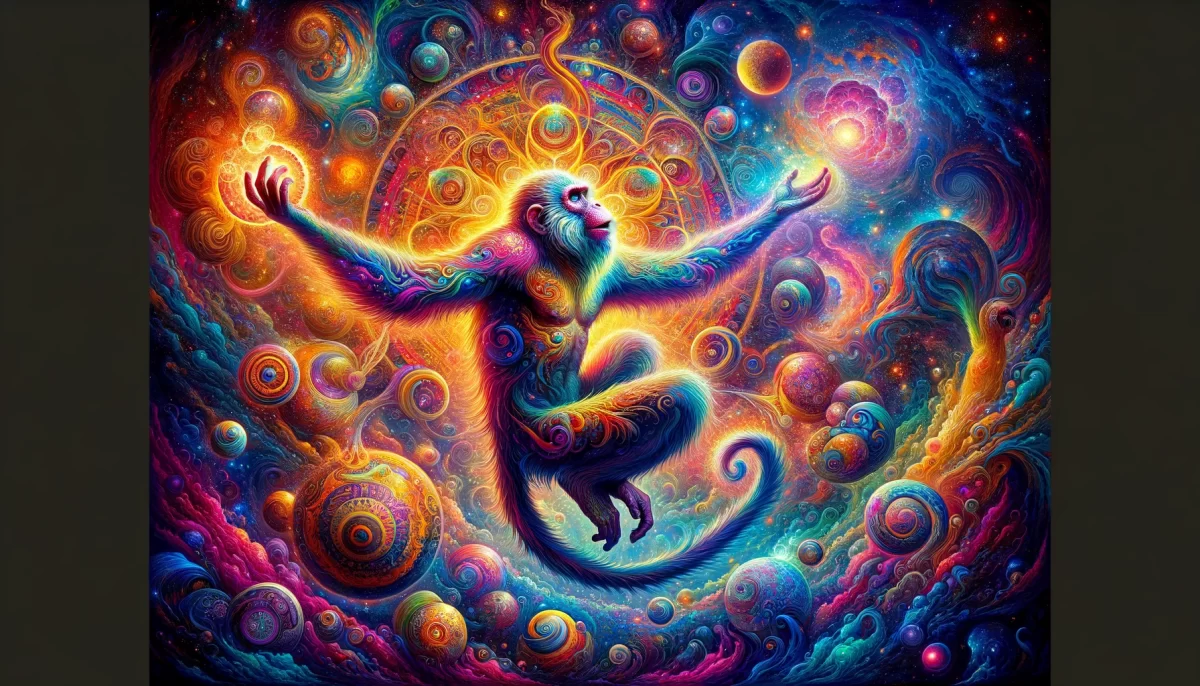
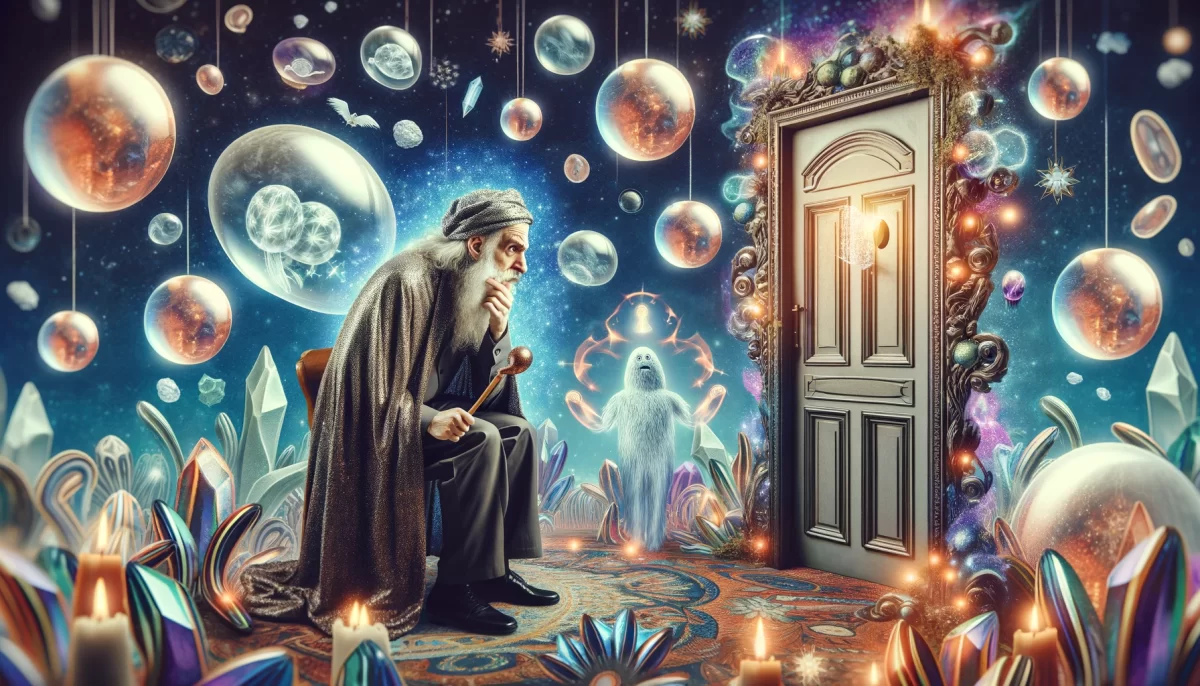
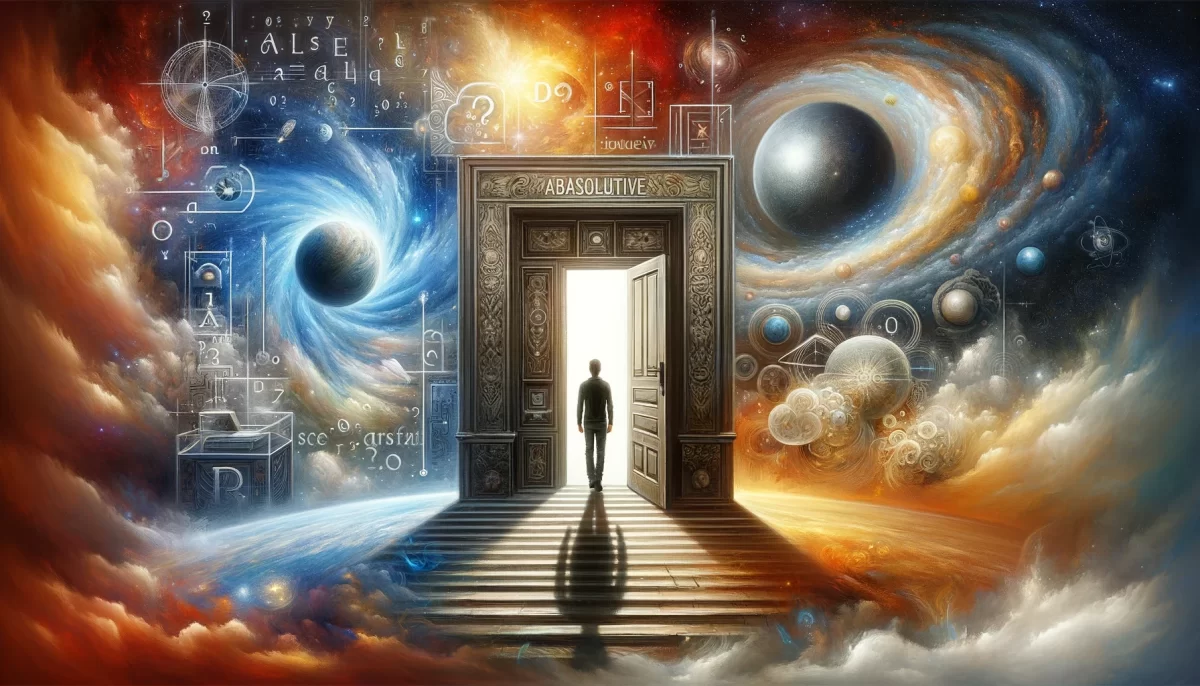
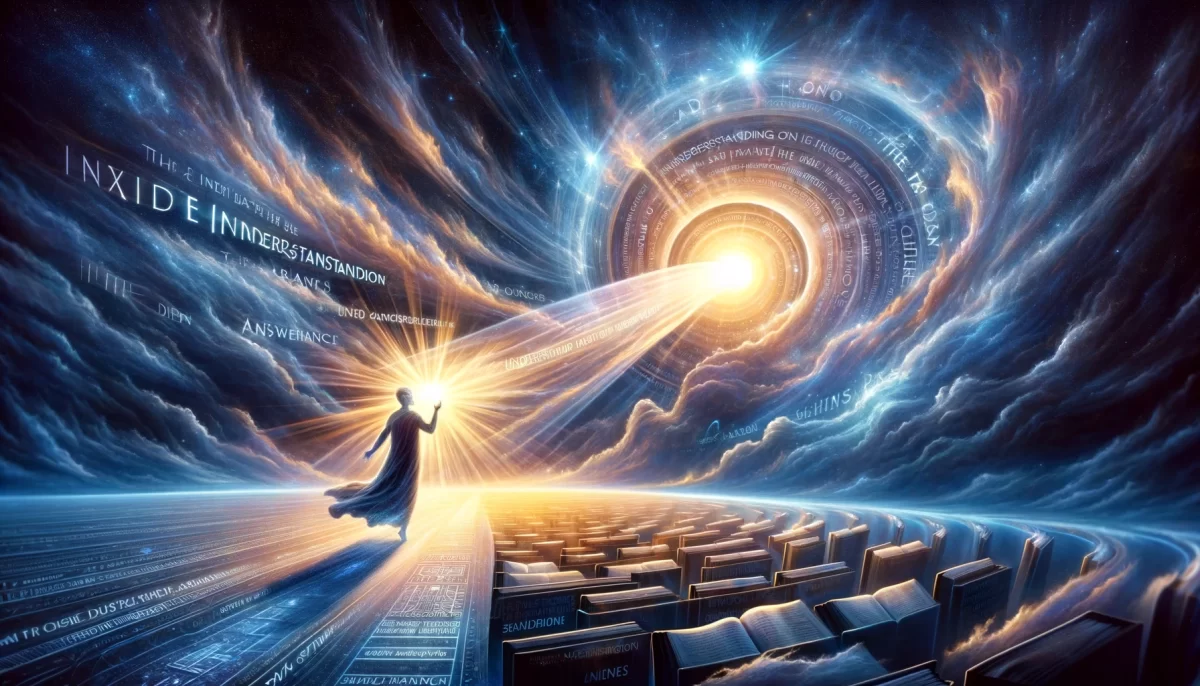

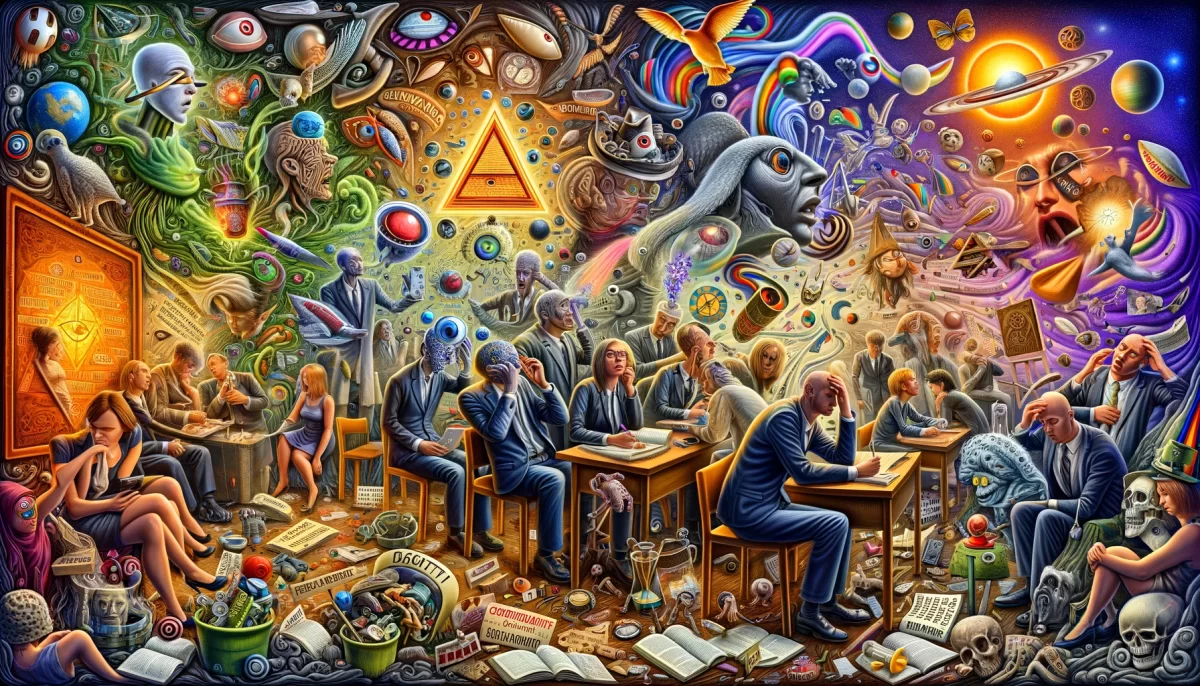

Leave a Reply